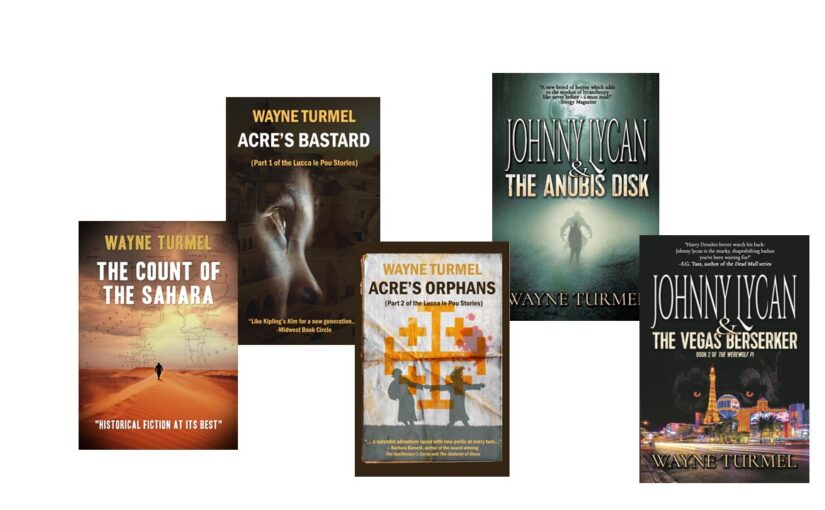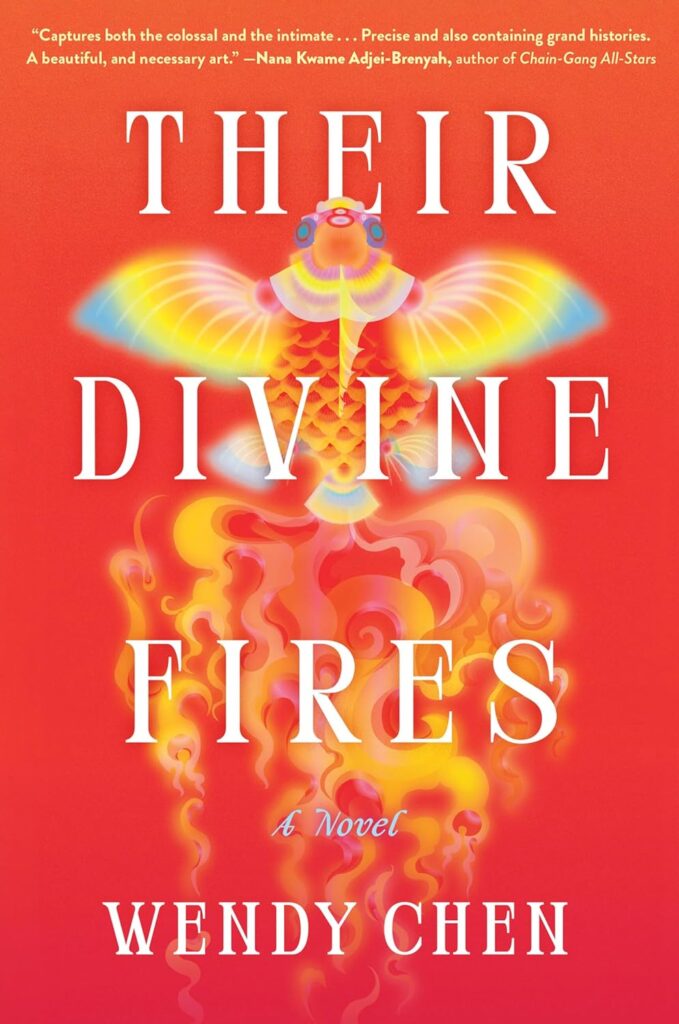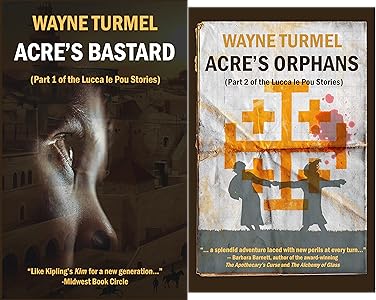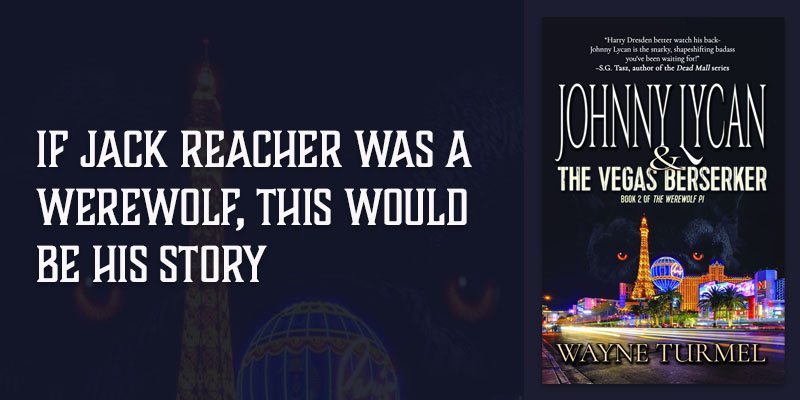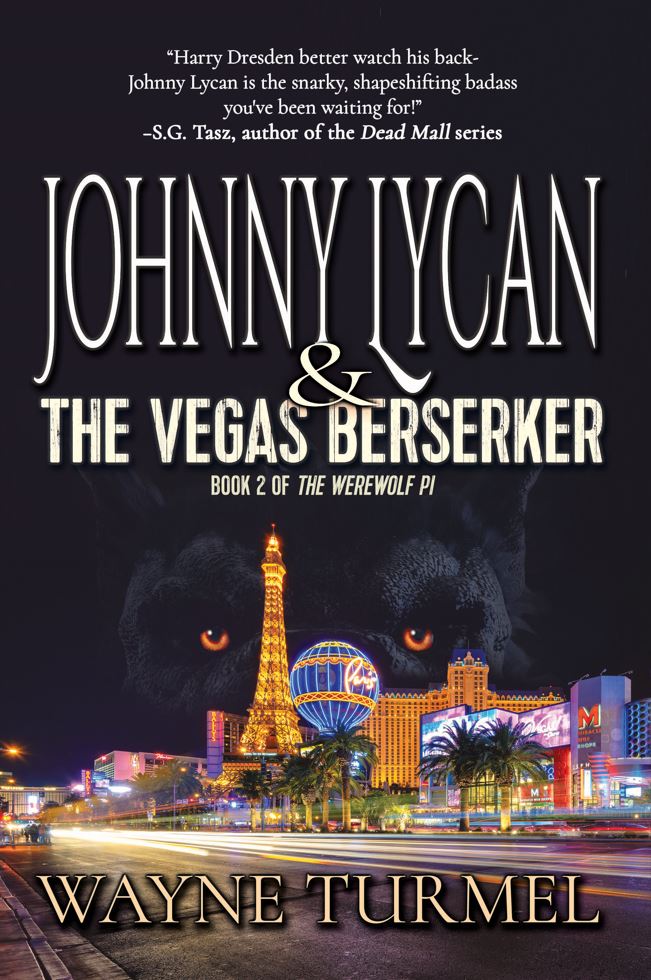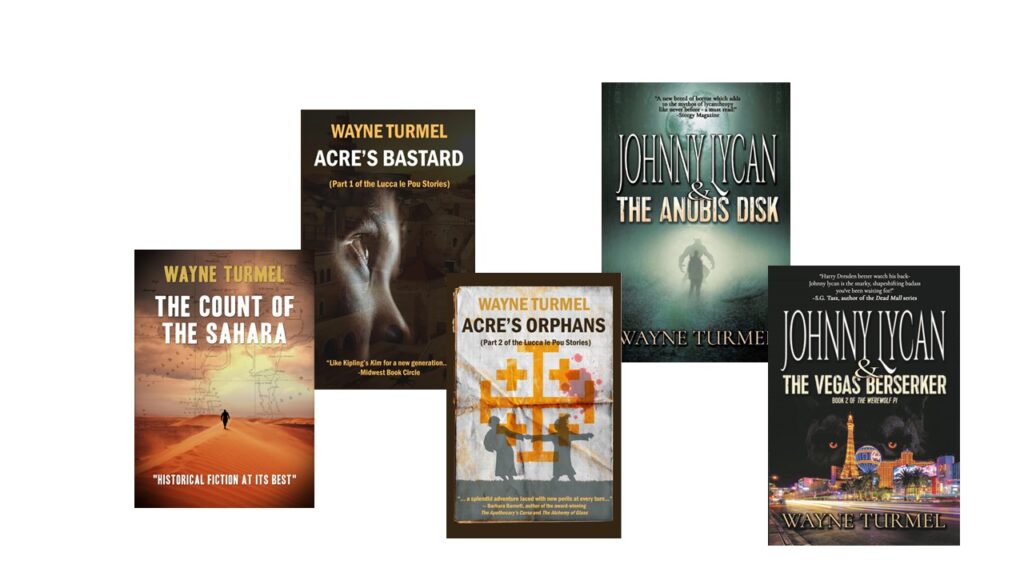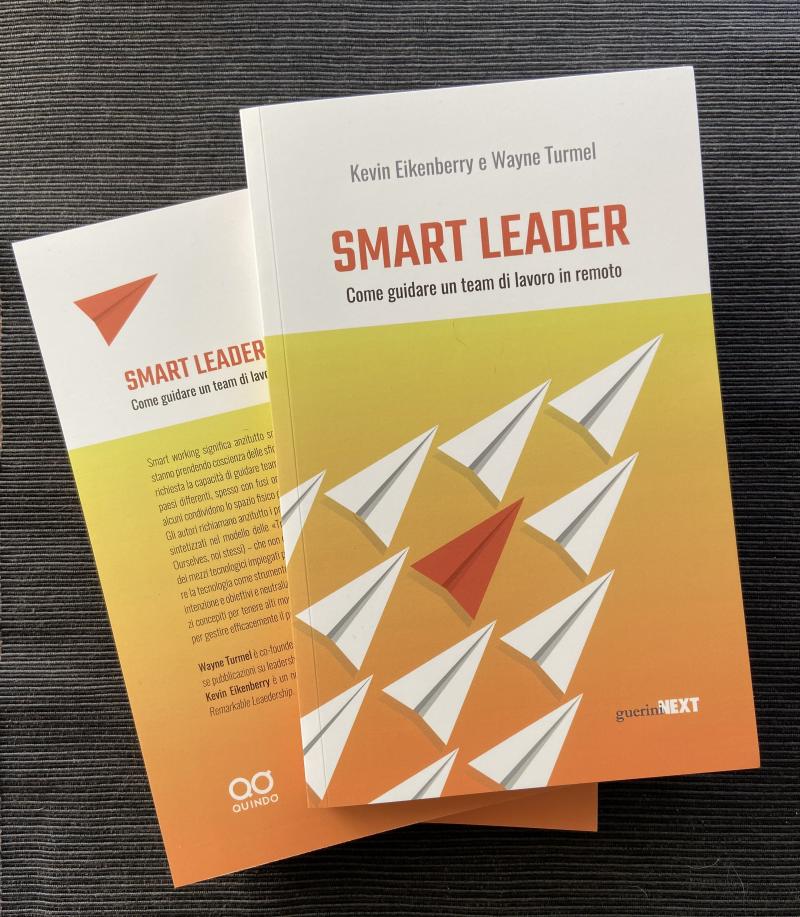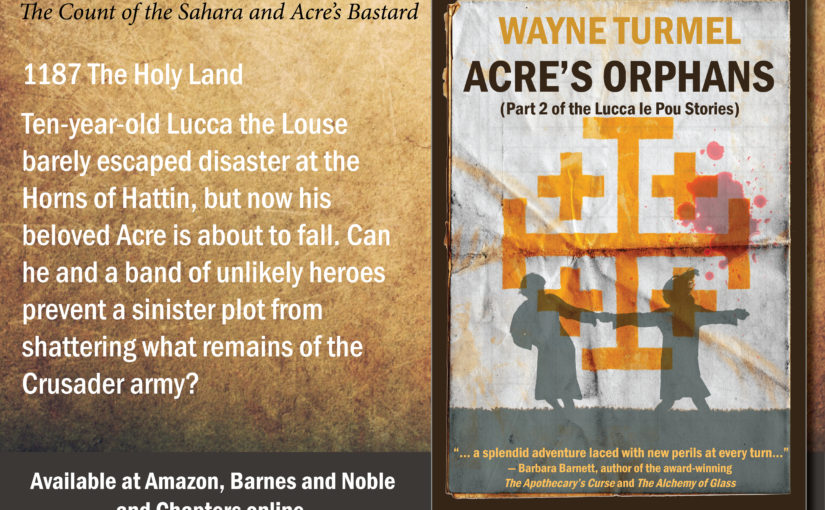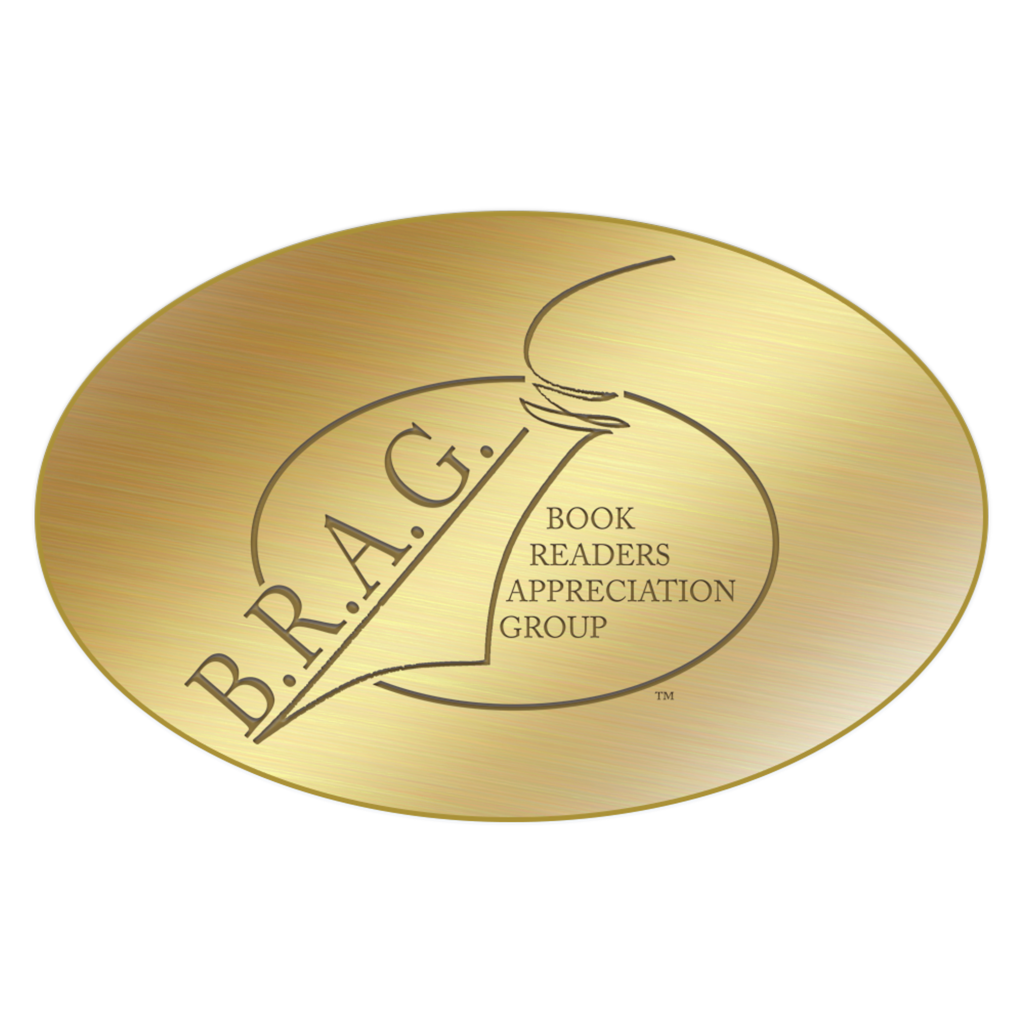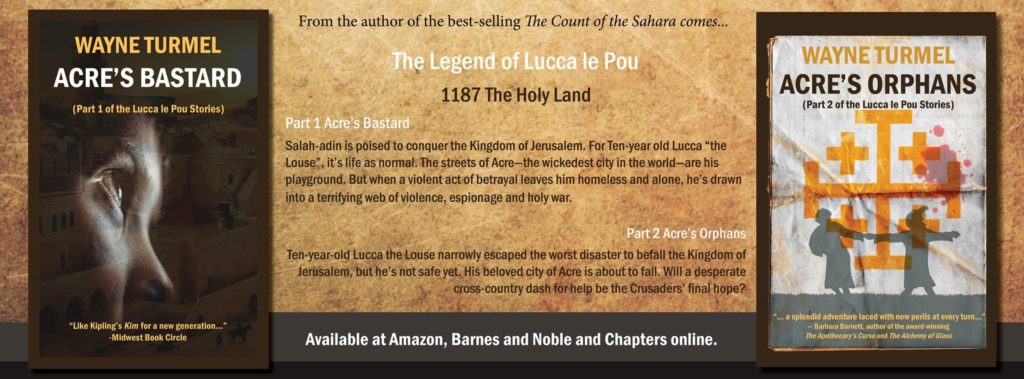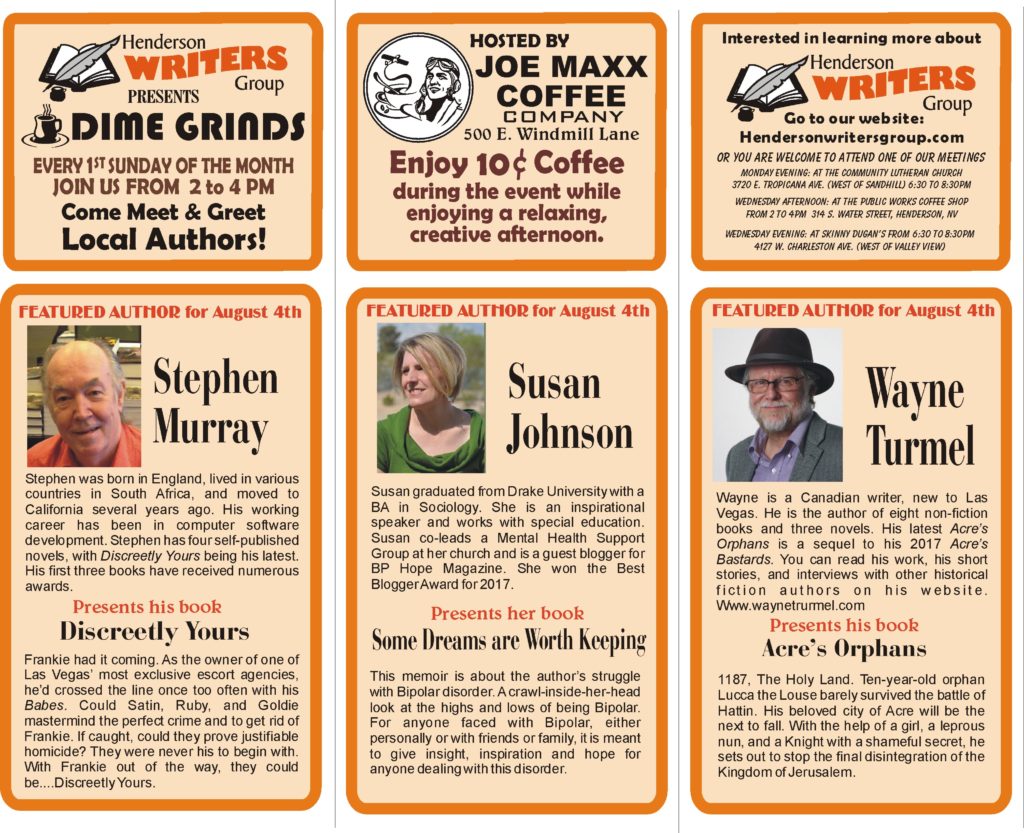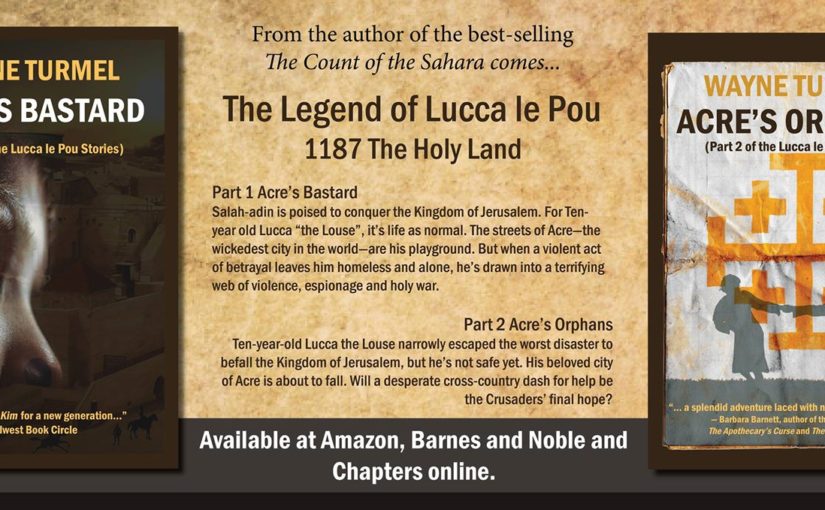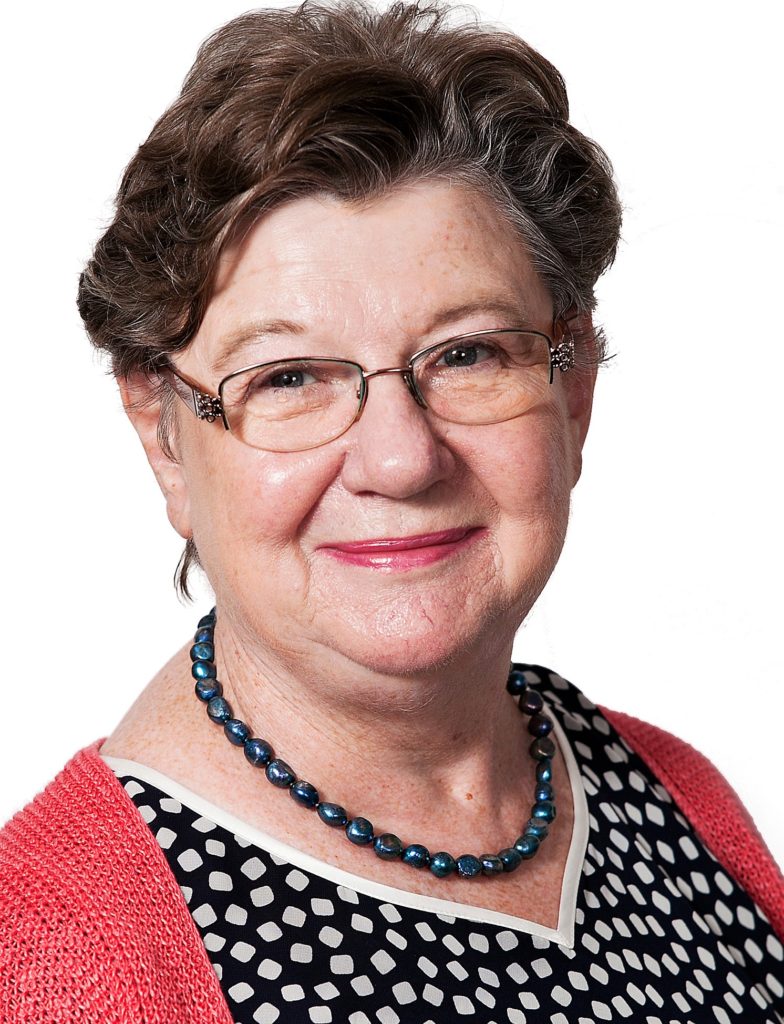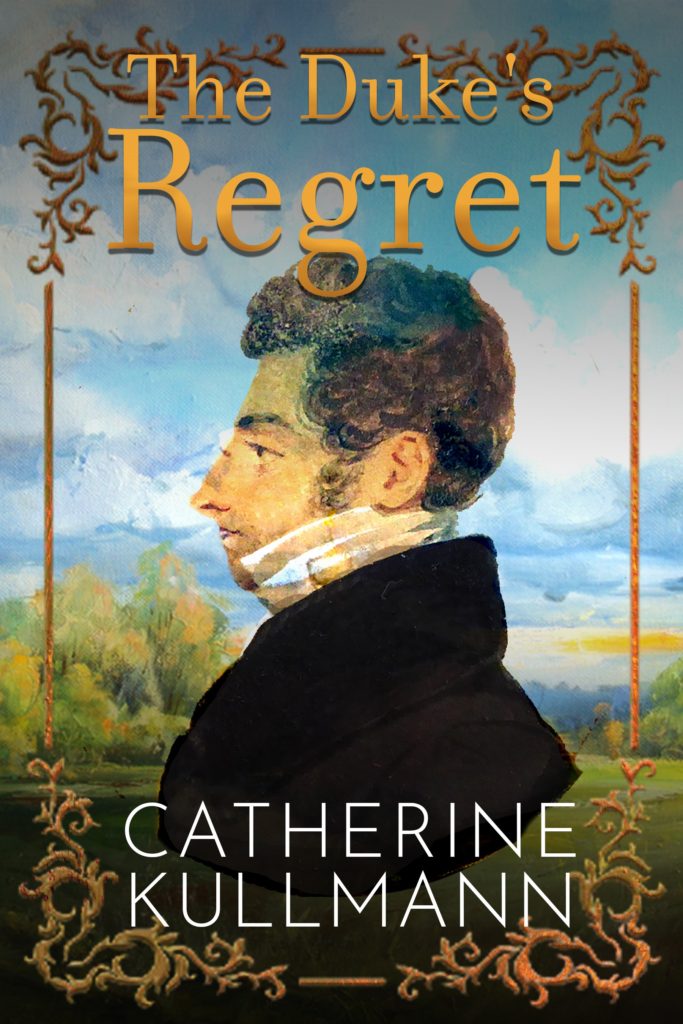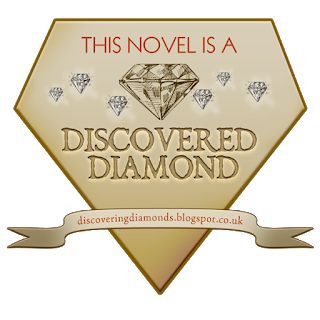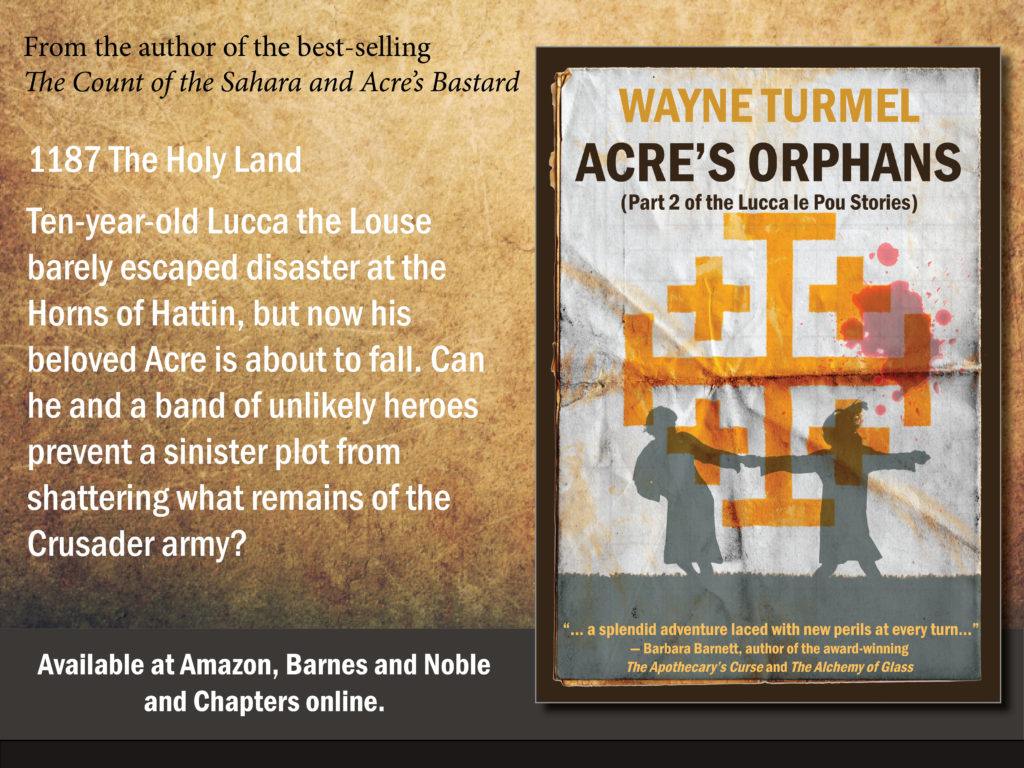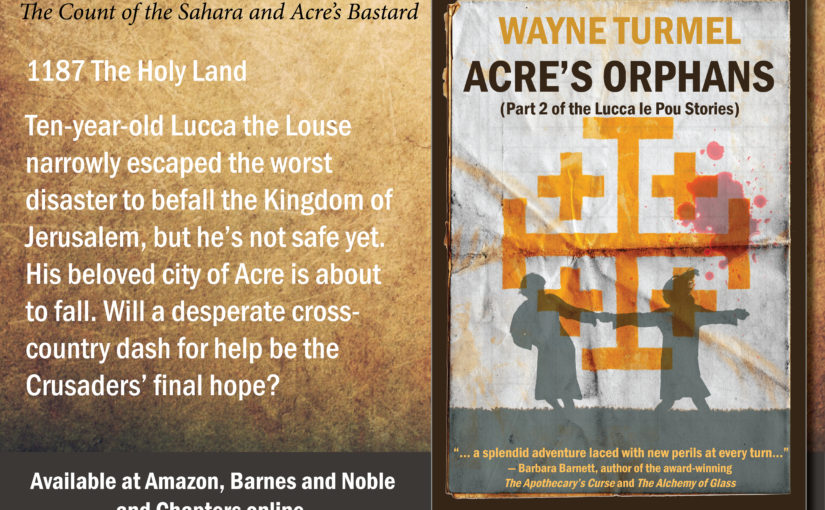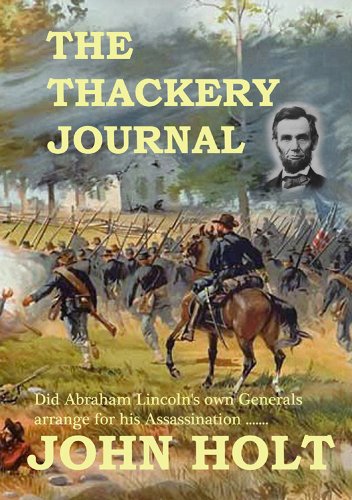Like most NAWPS (North American White People,) my family history was never greatly recorded until most of the old aunties were gone. That’s one reason I’m fascinated with historical fiction that connects different generations across multiple countries. Living in Las Vegas, which has a plethora of excellent HF writers, I was excited to learn about Wendy Chen and her new book, Their Divine Fires.
Although we share geography, this is the first time I’ve had a chance to “meet” her. I hope you enjoy our conversation.
Hi Wendy. We’ve never had a chance to meet, even though we share a town. What should we know about you?
I am a writer, translator, and teacher, with a background in the visual arts–specifically bronze and marble sculpture. I am interested in writing across genres, and my work often pushes against genre conventions as well. For example, I write poetry that has elements of prose, and vice versa. My first book, Unearthings, was a book of poetry, and I recently published my debut novel–a work of historical fiction titled Their Divine Fires–in May 2024. Next year, my translations of the Song-dynasty woman writer Li Qingzhao will be out in a poetry collection titled The Magpie at Night with Farrar, Straus & Giroux. I’m really excited about that collection, as Li Qingzhao is considered one of the greatest poets in Chinese history and wrote and published during a time when women were discouraged from doing so. Currently, I teach creative writing at the University of Nevada, Las Vegas.
What is “Their Divine Fires” about?
My book follows four generations of Chinese and Chinese American women in one family. Beginning in the early 1900s in China and ending in modern-day America, the novel traces the journeys of these family members as they each figure out how to survive amidst revolution, resistance, and adversity. Each generation faces challenges unique to their period, such as the Chinese Revolution of 1911 or the Cultural Revolution of the 60s, but they are all unified by a common spirit of persistence. The novel is particularly interested in the ways individuals grapple with love–its vulnerabilities and its pains–against, despite, or because of history. This is a book for readers who loved Min Jin Lee’s Pachinko or Marquéz’s One Hundred Years of Solitude.
What is it about that time period that appealed to you? What are the roots of the story?
The novel has personal significance to me, as it draws on the history and lives of my ancestors. The inspiration for this novel is the stories my grandmother would tell me when I was a child, stories about her mother and her grandparents. It always fascinated me to think about how the lives of my ancestors and my own life were so different from one another, and yet how their lives led inextricably to my own. How could my grandmother, a peasant girl from a rural village in China, end up in America in the 80s? How could China have changed so much over the last century? How did my ancestors live through revolution, civil war, famine, disaster, dictatorship, and come through it all on the other side? Those were questions I was working through while writing Their Divine Fires.
What’s your favorite scene in the book?
One of my favorite scenes in the book is the opening, when a brother asks his little sister to cut his hair. At that time in the early 1900s in China, men typically kept their hair long and untouched, a symbol of respect and reverence for their bodies which their parents gave them. It was, therefore, an act of filial piety to preserve your hair. However, the sister helps her brother cut his hair, an act which defies tradition and angers their parents. I struggled a lot with figuring out how to open this book, as I wanted to give a sense of the ways a family was beginning to fracture across the generations without hitting the reader over the head with the symbolism. Finally, I landed on this scene, which demonstrated the fracture as well as the love between the siblings–a bond which is eventually tested as the novel develops.
Where can we learn more about you and your work?
My website wendychenart.com provides information about me, my publications, and my latest projects. You can also find me on Goodreads, Twitter, and Facebook under the profile name wendychenart. Their Divine Fires is available at Amazon here.
Part of the fun of being a multi-genre author is meeting readers with diverse tastes. If historical fiction, rather than werewolves, is your cup of team, consider The Lucca Le Pou Stories. It’s a two-book series about a young orphan in the Crusades who becomes a spy. There’s intrigue, violence, leprous knights, and heroics ala Kipling’s Kim.
You can find the series on Kindle here. If you’d like a signed paperback copy, drop me a line. Of course, you can find all my work; fiction, nonfiction, and just plain goofy at my Amazon Author Page
